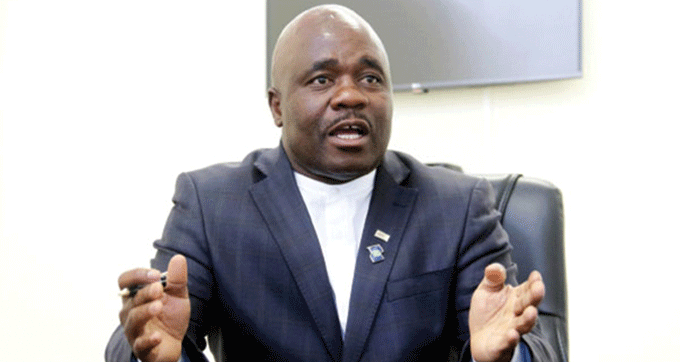By Own Correspondent
THE business community has bemoaned the fragile nature of the country’s currency and exchange rate stability, tight monetary policy stance as well as the narrow definitions of economic stability for ignoring hardships which companies are going through, almost nearing closures.
Speaking at a structured government dialogue, the executives warned that the government's definition of economic growth overlooks distressed companies weighed down by costly borrowing and shrinking margins.
CEO Africa Roundtable chairman Oswell Binha cautioned that fragile stability is being undermined by liquidity shortages, a managed exchange rate, rising domestic debt, and delayed payments to exporters.
The dire situation paints a gloomy picture for the country’s workers who are at risk of losing jobs in the event of the impending company closures.
“The Government is a serious bad debtor, which is crippling the industry,” Binha said, criticising delayed ZiG disbursements and surrender requirements as expropriatory.
Binha also flagged chronic energy shortages and high levels of informality as persistent barriers to competitiveness.
“Energy is the lifeblood of industry and we have been talking about this crisis for more than three decades. Token reforms will not work. What is needed is an economy-wide approach, driven from the top,” he said.
The Confederation of Zimbabwe Retailers (CZR) added that exchange rate volatility, costly financing, and policy inconsistency were forcing operators to shut down, undermining a sector that links agriculture, manufacturing, transport, and finance.
Acting CEO Innocent Marimo called for a dedicated concessionary credit window for retailers and wholesalers to stabilise supply chains and safeguard formal commerce.
Business organisations also renewed demands for the removal of the Intermediate Money Transfer Tax (IMTT), calling it one of the heaviest costs burdening formal operators. They proposed making IMTT tax-deductible to shift the burden onto informal traders who dominate large sections of the economy.
Despite acknowledging some progress since the reform agenda was initiated in 2017, executives said the pace remains far too slow. They now insist that only Mnangagwa’s direct leadership can unlock momentum and deliver the reforms needed to make Zimbabwe competitive under AfCFTA








Leave a comment